Building rapport with a child as a kids life coach

Building Rapport with Any Child: Lessons from Early in My Career
Early on in my career as a Kids Life Coach, I vividly remember a moment that tested me. I was working with a tween who clearly wasn’t interested in what I had to say. The eye roll. The smirk. The unmistakable “I’m not listening” vibe.
I had to stop myself from showing frustration. Inside, I felt judged and anxious. I desperately wanted to connect, to break through...but there was one thing holding me back: I didn’t yet understand the underlying reason why some children don’t respond well to coaching.
At that stage, I hadn’t yet learned the subtle strategies that allow a coach to build instant rapport, no matter the child’s mood, background, or temperament. Even with all my years as a teacher in some very difficult classrooms, I didn’t understand the science behind the resistance. I now now it is rarely about disrespect but it’s usually about unmet needs, fear, uncertainty, or simply not feeling understood.
At the t...
Does Play Based Coaching work for entitled children?
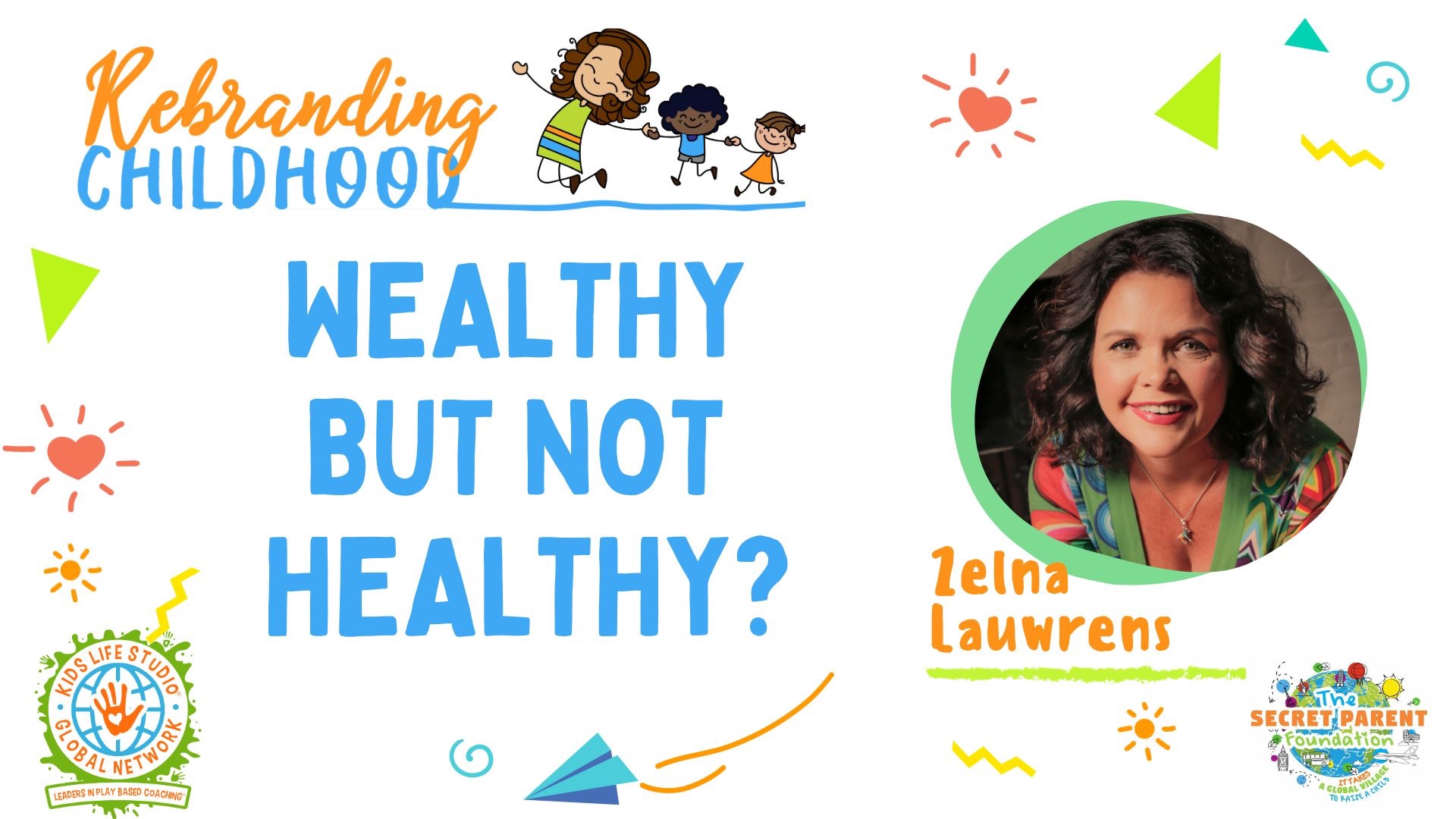
Usually when adults think of children who benefit from coaching, they often imagine those facing poverty, trauma, or adversity but what about children who appear to “have it all”? Can the Play Based Coaching System® we use as a global network of Kids Life Studio® Coaches help children who seem entitled? Those with wealth, access, and comfort at their fingertips? The answer is yes and here’s why.
Entitlement vs. Neglect
Entitlement and neglect may sound like opposites, but they can exist side by side. A child can be surrounded by material abundance and still feel profoundly neglected. That neglect doesn’t come from a lack of food, toys, or money but it comes from a lack of presence, connection, and guidance.
A few years ago, I worked with a 12-year-old girl whose story really showed me how true this is. Her fridge and kitchen cupboards were overflowing with food, her pocket money seemed endless, and she had every comfort. On the surface, she looked privileged, but she was morbidly ob...
The difference between coaching children and mentoring them.
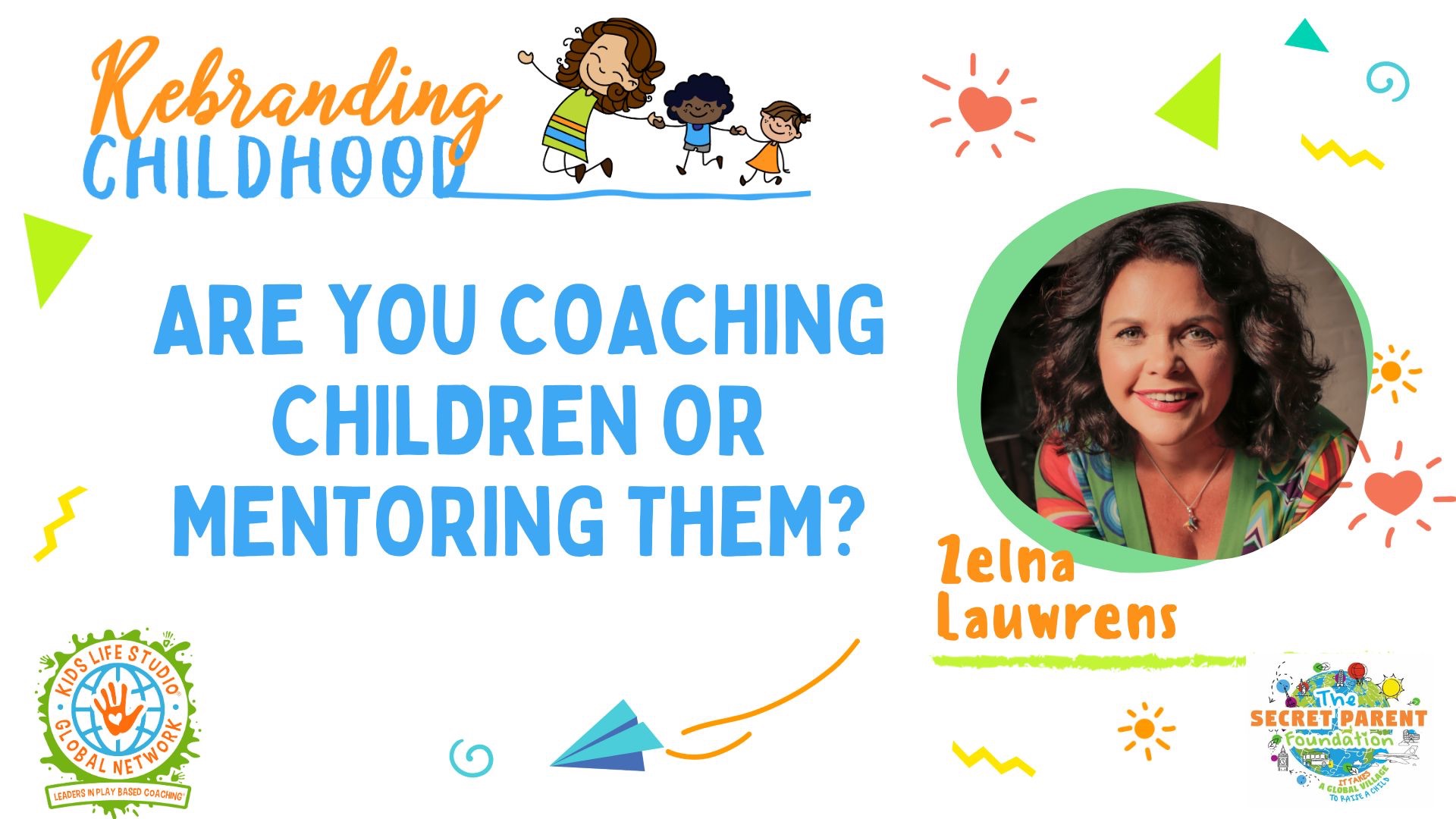
When it comes to guiding children, I often hear people who don't understand the work that I do ask: “What’s the difference between coaching and mentoring?” It’s a fair question, because both roles are deeply rooted in care, encouragement, and support. The truth is, there is space for both and I do both just with different children at different times.
Mentoring: Everyday Moments of Guidance
Mentors always show up in the everyday corners of a child’s life. They are the teachers, relatives, neighbours, or community members who encourage, listen, and guide in real-time moments. Mentorship is about sharing wisdom, offering advice, and being that steady presence a child can lean on. It doesn’t need a certification or a title. It just needs heart, availability, and the willingness to show up.
That’s what makes mentoring so powerful. It can happen anytime, anywhere, and it can change any child’s life in ways we might not even realise in the moment. Like the 10-year old girl that was cryi...
Who are you surrounding yourself with as a Kids Life Coach?
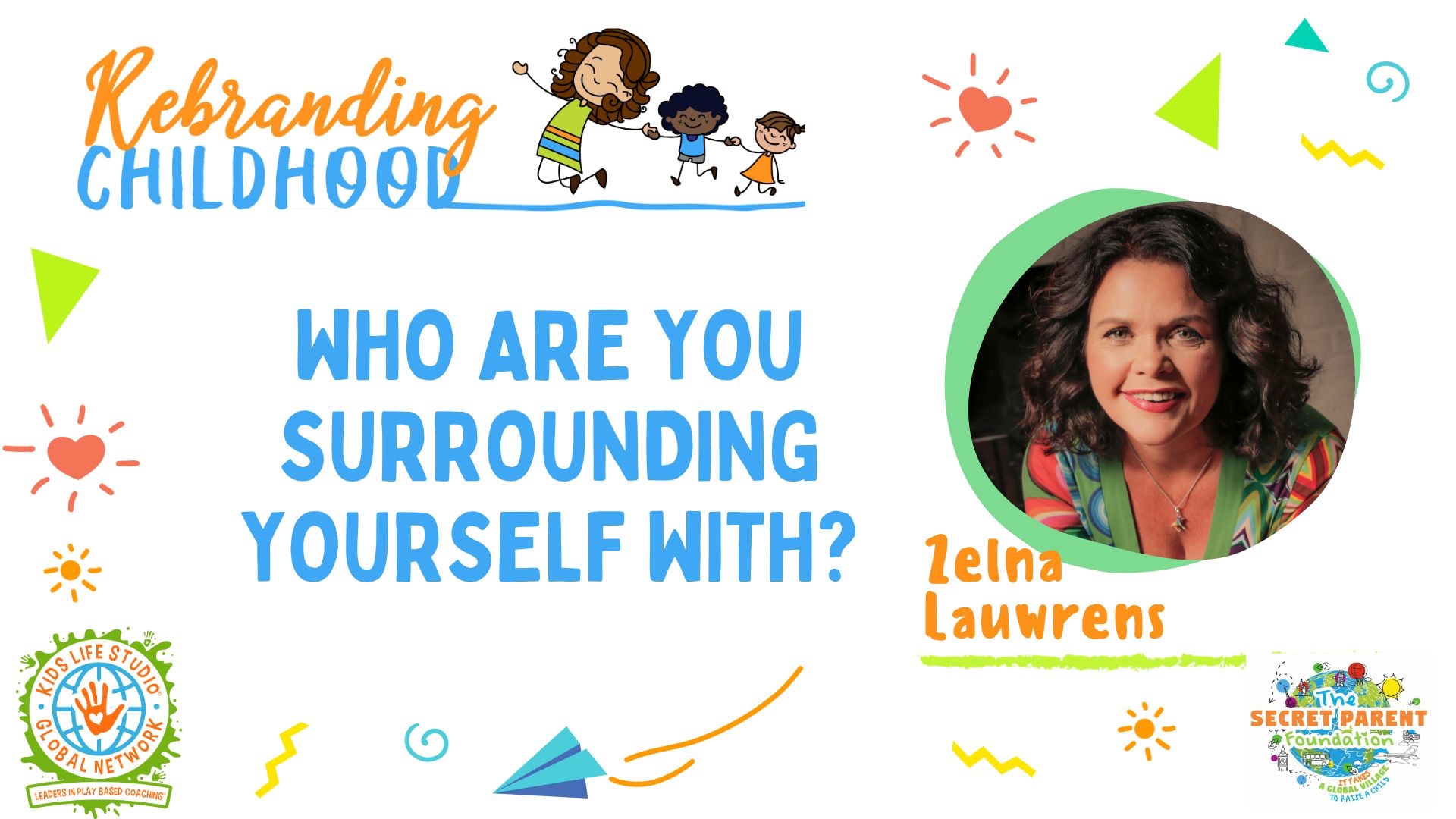
As the founder of Kids Life Studio® I am very blessed to have been coaching children myself since 2003 and training adults to coach children since 2009.
So often I get asked why my training is premium priced....
The answer is simple...
Premium quality + Premium mentorship + Premium research backed programmes + Premium outcomes + Premium results
When it comes to coaching children mediocrity is not the answer. World-class coaching comes with effort. I believe every parent and every child deserves a Kids Life Coach who has put in the appropriate work to achieve their certification.
Our global network of Kids Life Coaches who have participated in my training, know what it means to have grit and perseverance!
They do intensive training over no less than 3 months with individual and group support and they participate in weekly assignments, do a case study and submit a portfolio of evidence that gets assessed!!
They understand the value of investing into good education and they choo...
Gaining experience as a Kids Life Coach
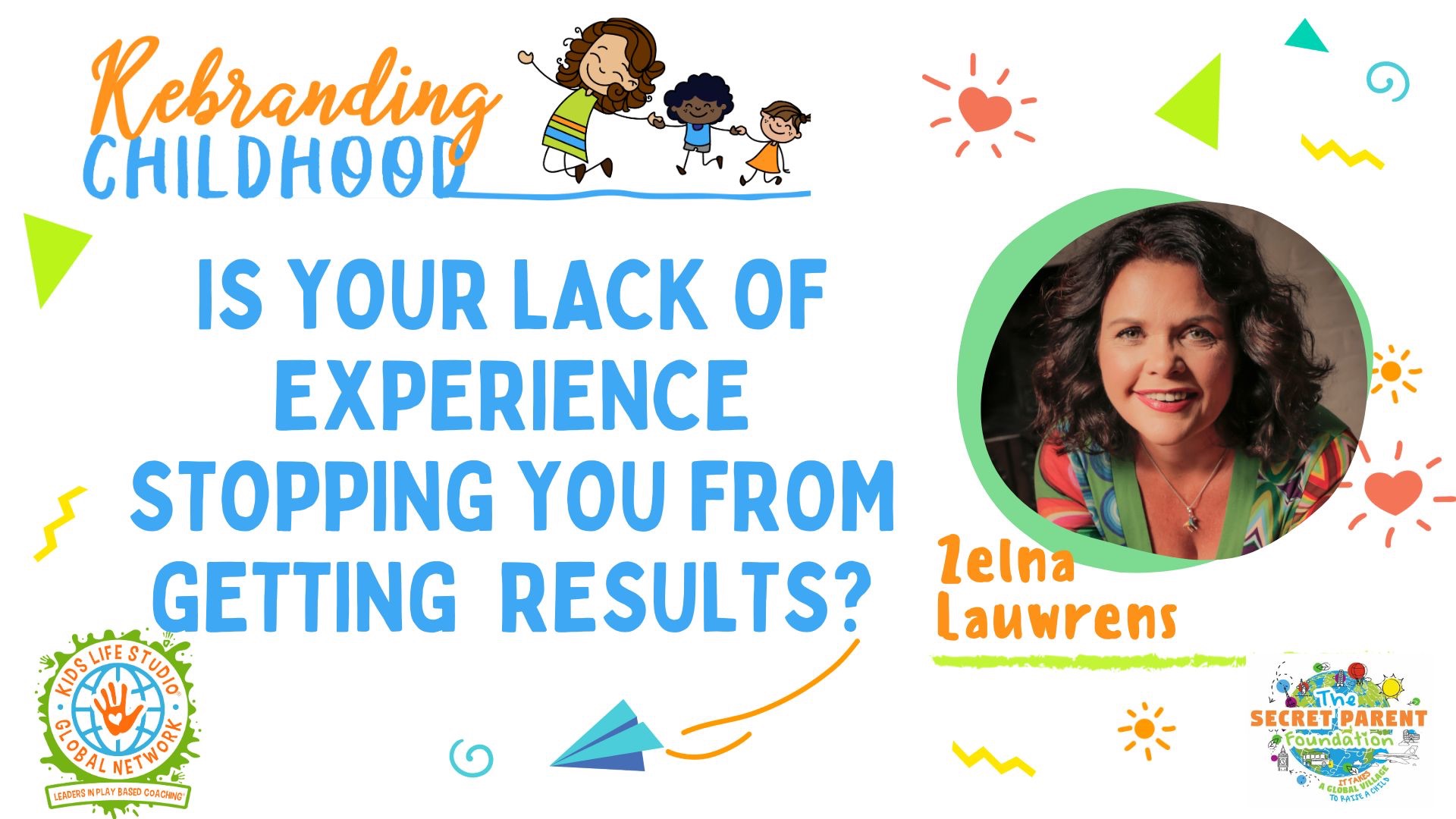
I was on a professional supervision call yesterday with a Kids Life Coach, when I had an AHA moment.
It hit me: nothing beats real, on-the-ground experience with methods that actually work and produce measurable results.
When I started my coaching practice over two decades ago, I was overflowing with passion just like I am today (in fact, my passion has become more determined!) The difference then was, I didn’t have a tried-and-tested system. I stumbled through trial and error, figuring things out as I went along. In hindsight, that wasn’t fair to the children I was coaching. I had good intentions, and I eventually got results, but they weren’t measurable the way they are now. I was relying on instinct, skill, and determination.
CLICK to hear my story of the biggest mistake I made in my coaching practice and how one child showed me the way!
I speak to so many passionate people like me who are full of heart, but I know that without the proper education, guidance, and structured ap...
Play Saves Lives: How Kids Life Coaching Builds Hope and Resilience
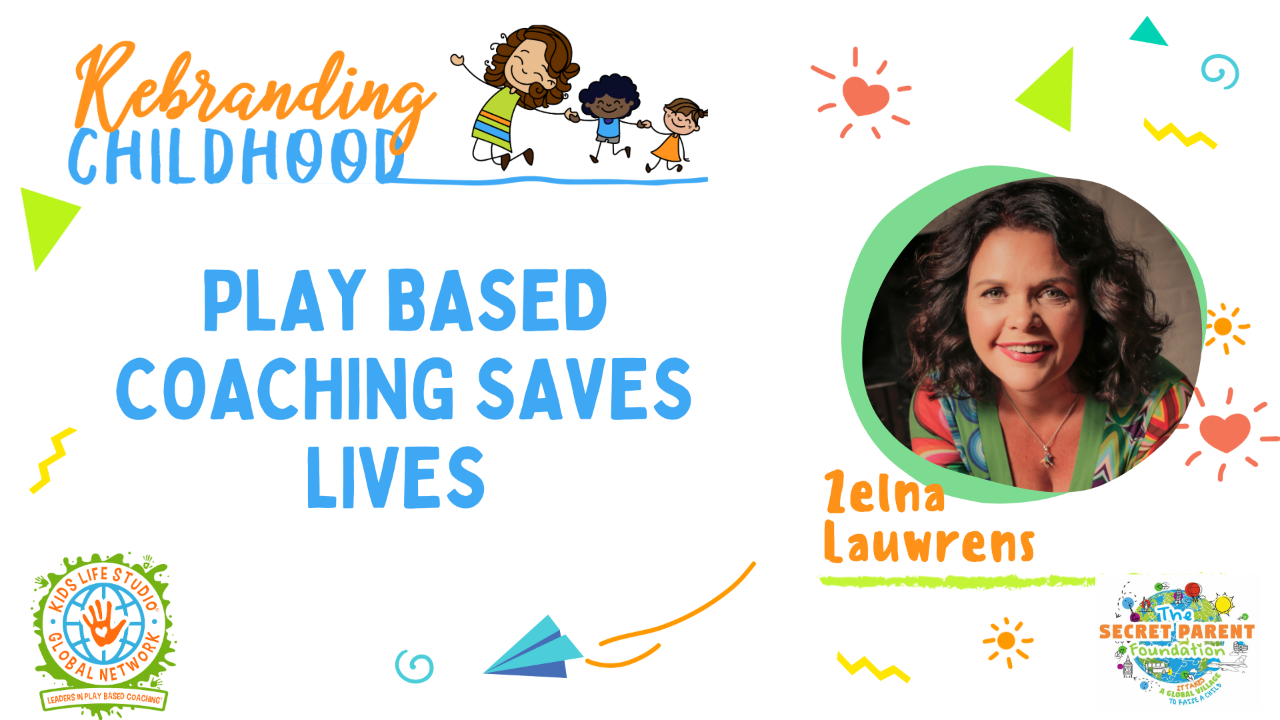
Play Saves Lives: A Personal Call on World Suicide Prevention Day
Behind every statistic on youth suicide is a child who needed hope, connection, and support. This is not abstract for me. I have lost two family members to suicide, and a friend in primary school. I know the pain, the questions, and the guilt that can follow and I also know that prevention begins long before a crisis.
As professionals working with children, we have the power to make a difference. Research in neuroscience and behaviour shows that when children develop resilience pathways in the brain, they are better equipped to cope with stress, recover from setbacks, and reach out for help when needed. One of the most powerful ways to build these pathways?
Play.
Play is not just a fun thing we do with the children we coach. It’s how children process the world, understand themselves, and form connections with others. Through play, they practice coping skills, build confidence, and discover that the world can be a ...
Stop wasting time if you want to be a world-class Kids Life Coach!
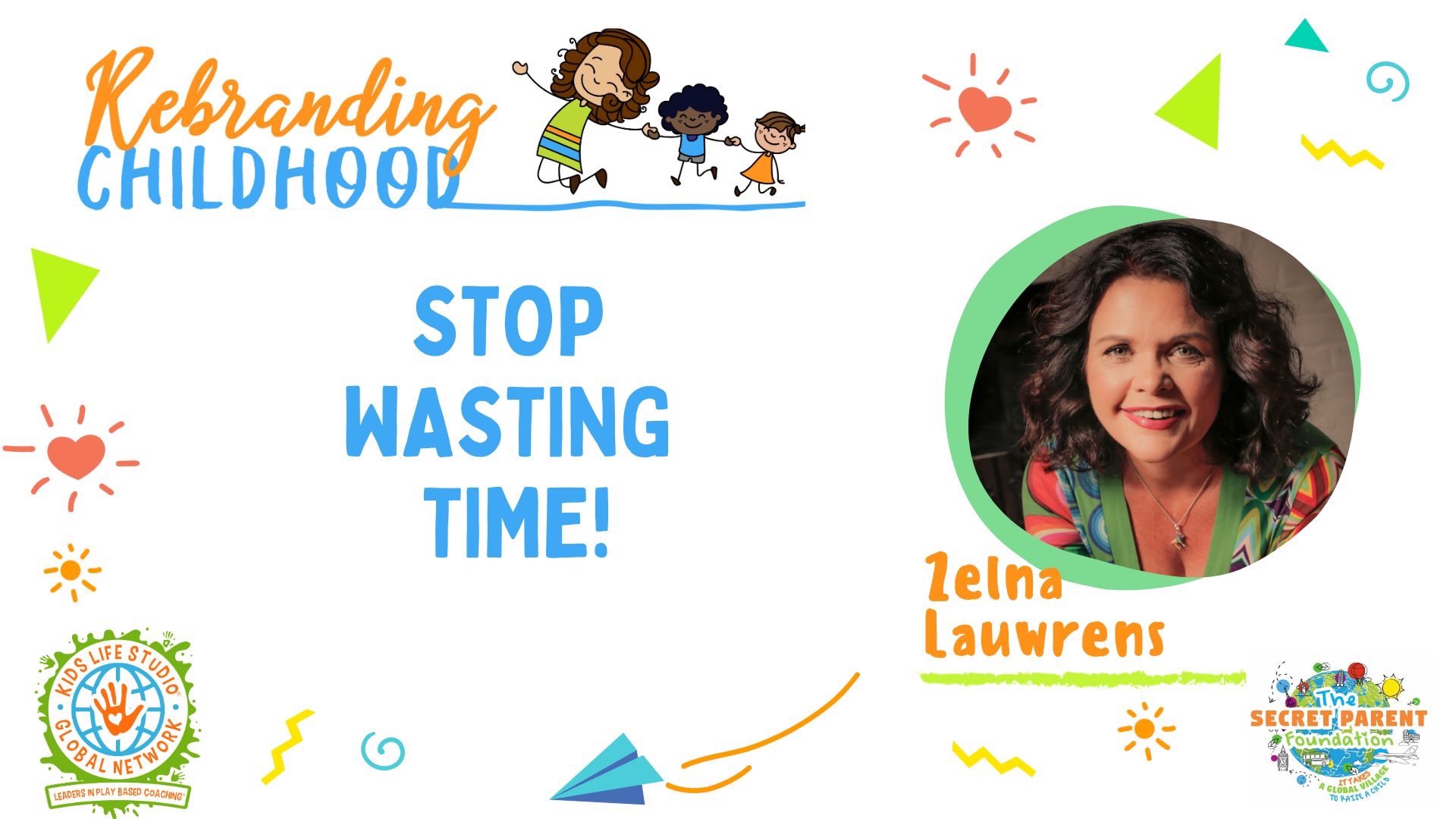
Traditionally, my Monday blogs have been long. Full of stories, tips, and reflections, but lately I’ve realised something: I want to save time. I don’t want to read waffle…so why should you? Let's stop wasting time so we have more time to coach children and do what we love to do and be exceptional at it!
I’m an author and from now on, I will be saving the long-form reflections for my upcoming books. Moving forward, my blogs will be short, punchy, and full of heart. Written to inspire you, build your skills and energise your work with children.
Here’s what you can expect:
-
Bite-sized, playful ideas to spark your sessions (more videos less words)
-
Quick reflections to reconnect with your purpose (tips, checklists and planners)
-
Tools and inspiration to plan (administrative shortcuts & templates)
-
Invitations to transformational experiences, like my Children’s Change Makers Retreat
Short, simple, heart-led blogs to fuel your week.
It’s time.
Time to pause.
Time to...
The mindset shift for Play Based Coaches
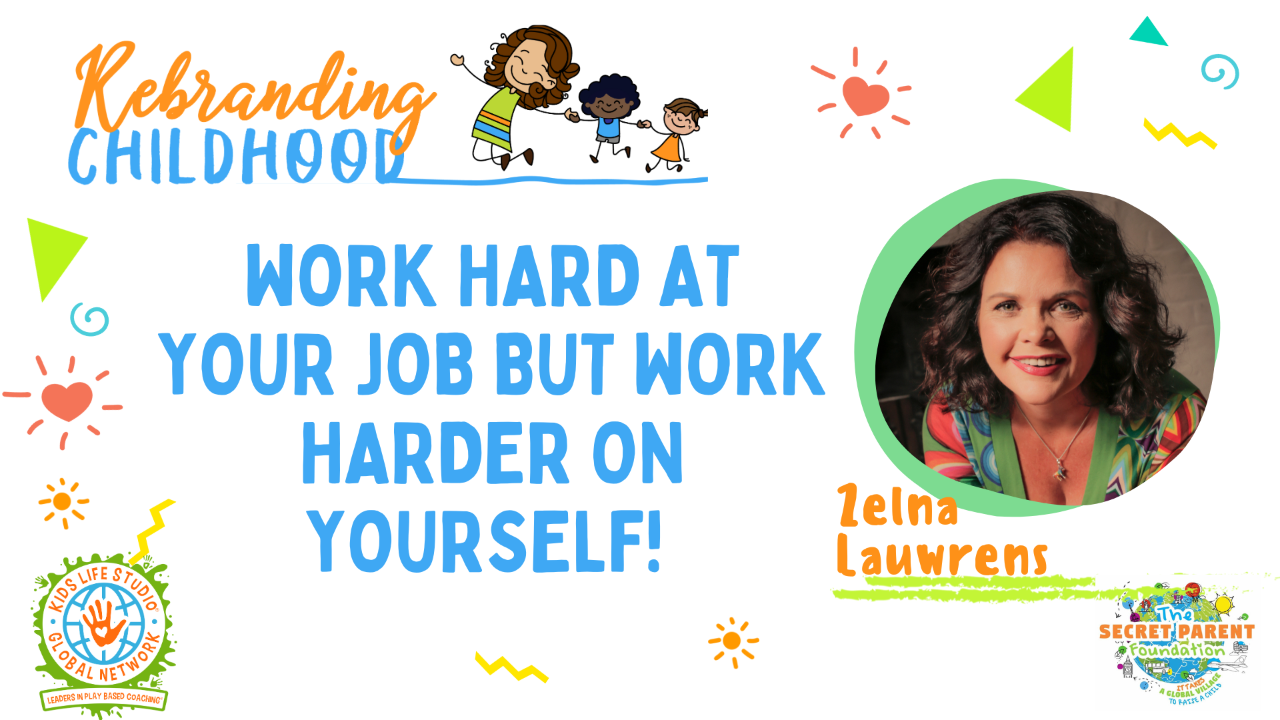
As Play Based Coaches, we pour our hearts into our work. We plan intentional sessions, hold space for emotions, guide developmental growth, and build bridges between children and their families. Our job demands empathy, energy, creativity, and knowledge, but here’s the truth that too many coaches learn the hard way:
“Working on your job keeps things running. Working on yourself keeps you growing.”
Mindset matters more than your coaching curriculum. You can have the best tools in your coaching toolbox, sensory toys, story-based interventions, parent workshops, but if your mindset isn't healthy, grounded, and growing, you’ll hit a ceiling.
Your mindset determines:
- How you respond when a parent is defensive
- Whether you view a child’s regression as a “problem” or a “message”
- How you carry feedback (or criticism)
- What you do when your own energy dips
You can’t model resilience, regulation, or growth for families unless you’re actively practicing it yourself by focusing on ...
Play Based Coaching Starts with You (But Isn’t About You)

Show Up. Step Aside. Support Greatness.
As Play Based Coaches, our role isn’t to fix, force, or lead from the front. It’s to show up, stay present, and sometimes, most powerfully, to step out of the way. Children already carry the seeds of confidence, creativity, and resilience within them. Our job is to create the conditions where those seeds can grow.
Here are a few simple, powerful reminders to help you support children to show up as their best selves while making sure you don’t block the light they need to thrive.
1. Show Up Fully (Even When It’s Hard)
Leave your stress, ego, or need for control at the door. Be present but okay not being perfect. Kids don’t need your polished performances; they need real people who see them, hear them, and meet them where they are. This is why our Play Based Coaching System® works! It allows us to be present in a way that children understand! We speak their language of play.
🟡 Tip: Before every session, pause and ask: “Am I here for my coac...
Play. Presence. Purpose. The heartbeat of kids life coaching

Play. Presence. Purpose.The Heartbeat of Our Movement
When I started this journey in 2003, I felt I needed to define myself by my titles and achievements because I wasn’t a biological mom. I chose to reframe this and now I see myself as a secret parent, nurturing, guiding, and fiercely committed to the growth of every child I meet.
When I look back at my time as an early career special needs teacher, I was convinced that life skills like teamwork, communication, or time management were the key to helping kids succeed. I thought if we taught these skills well enough, everything else would fall into place. Over time, through my experience and research, I’ve learned it’s so much more than that.
It’s about connection. For example, I’ve seen a shy 8 year old child bloom not because they were told how to speak up, but because I took the time to listen deeply and create a safe space that was grounded in neuroscience to build their confidence to speak up. That connection built their confide...

